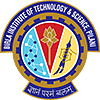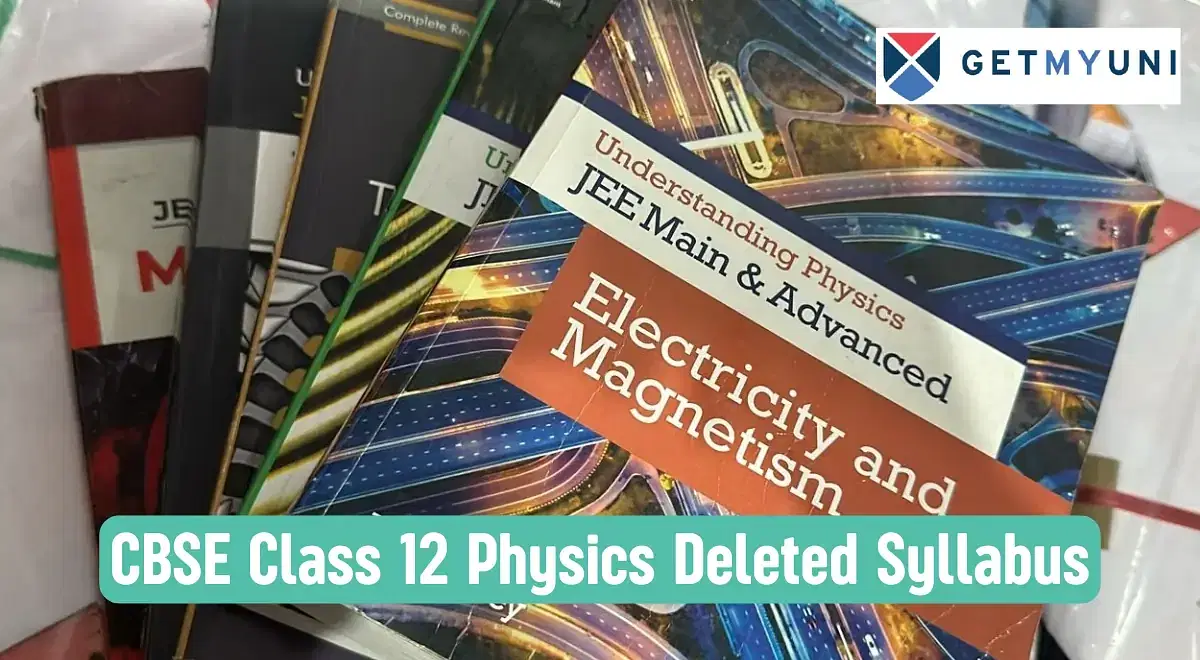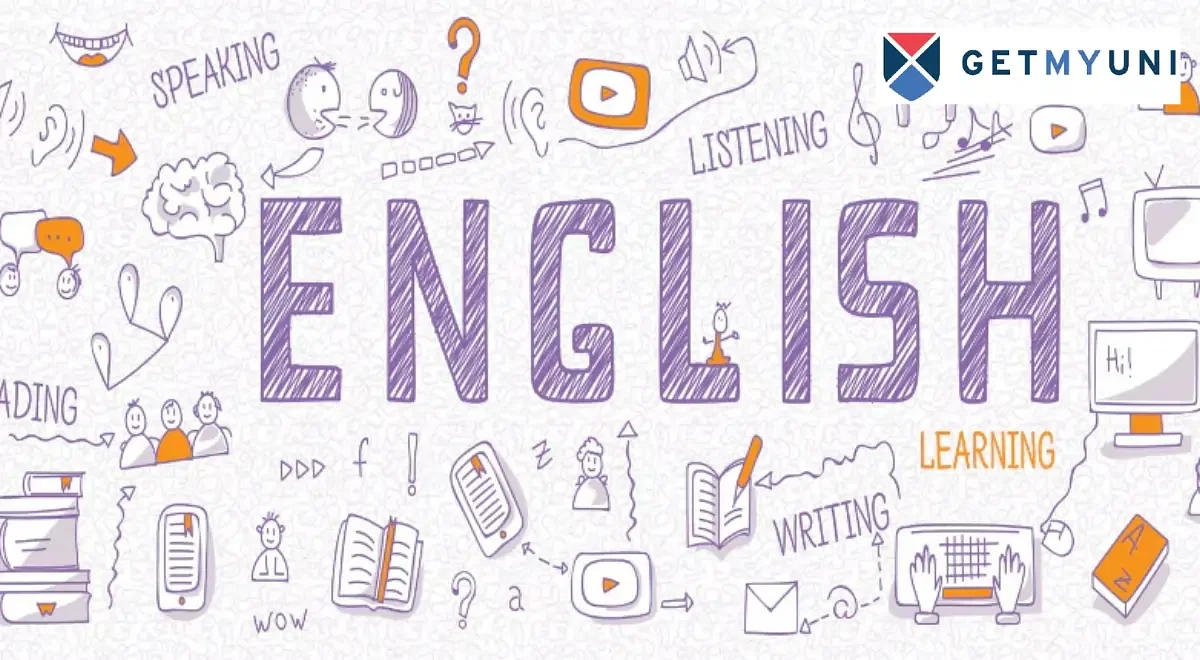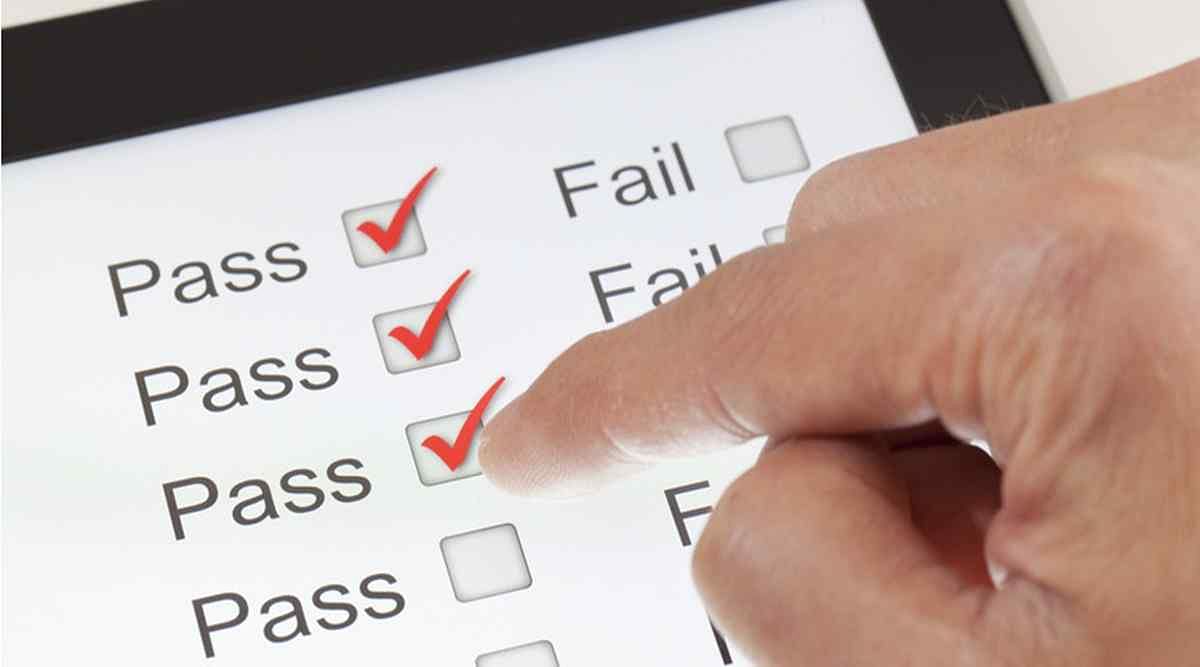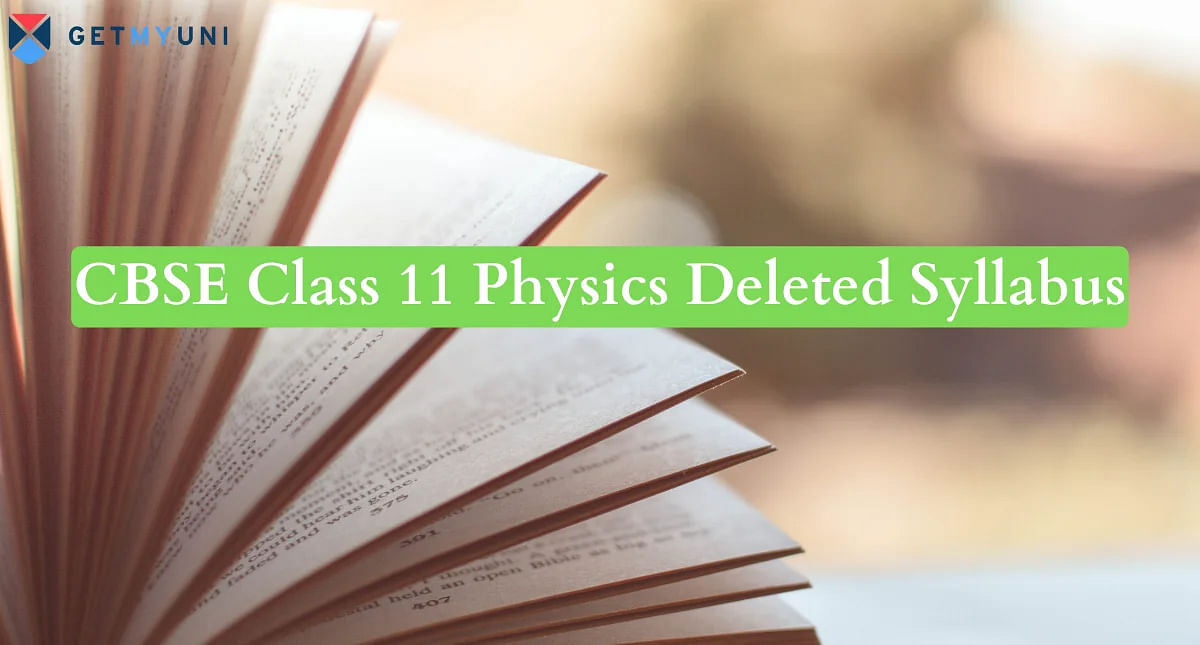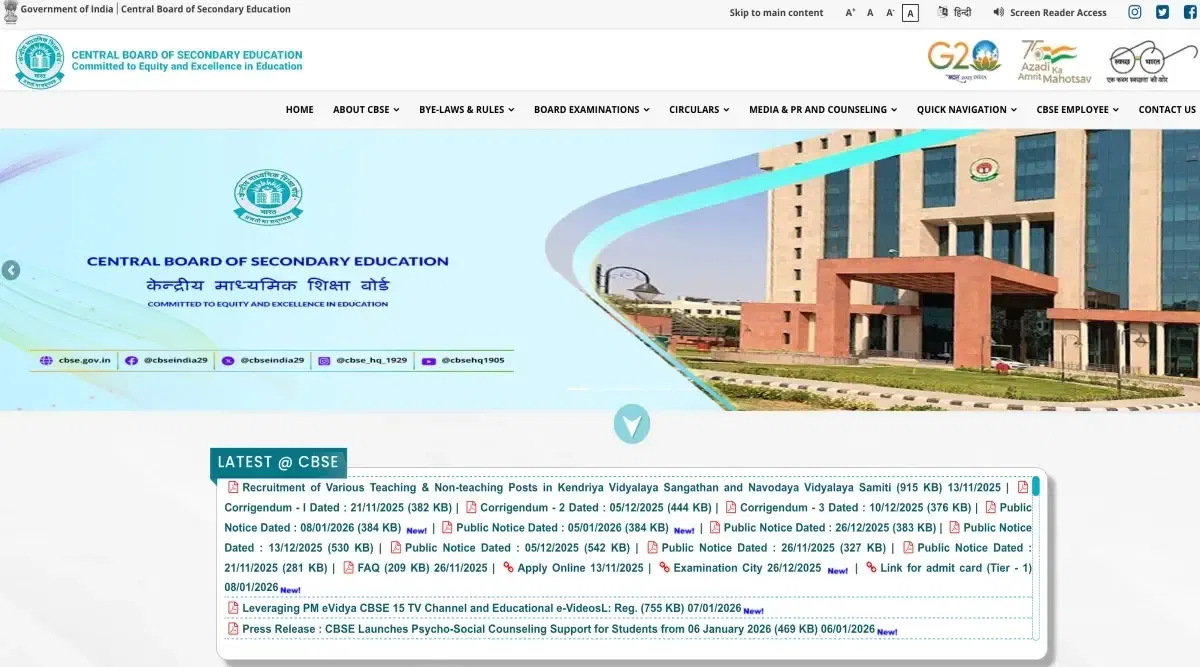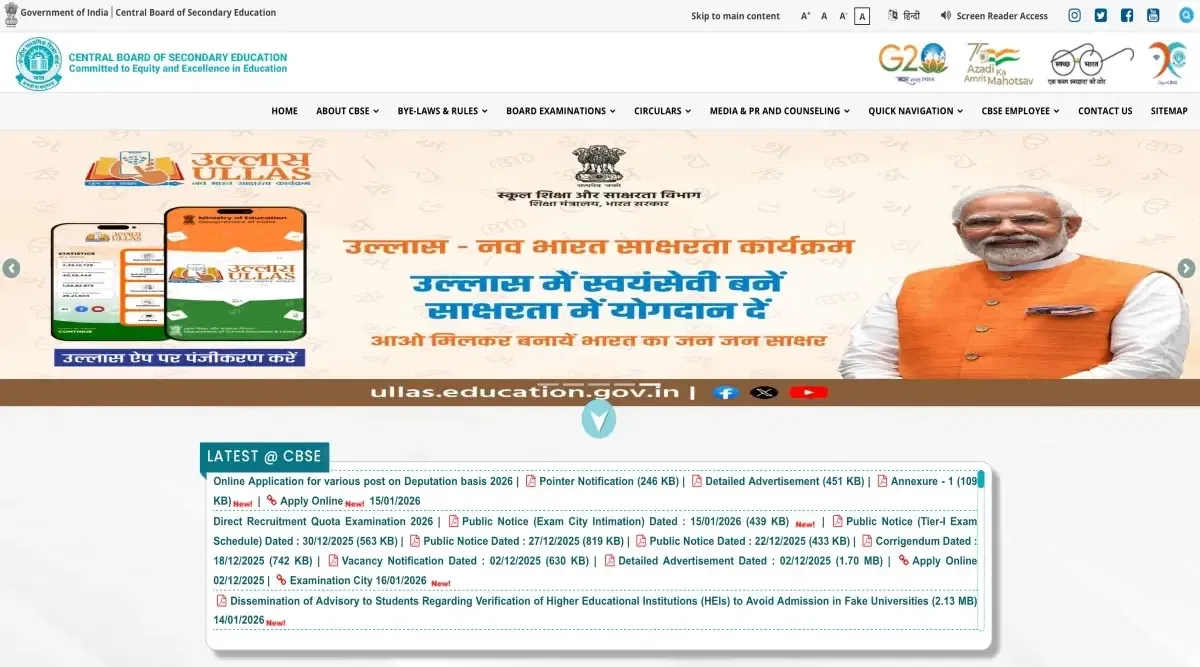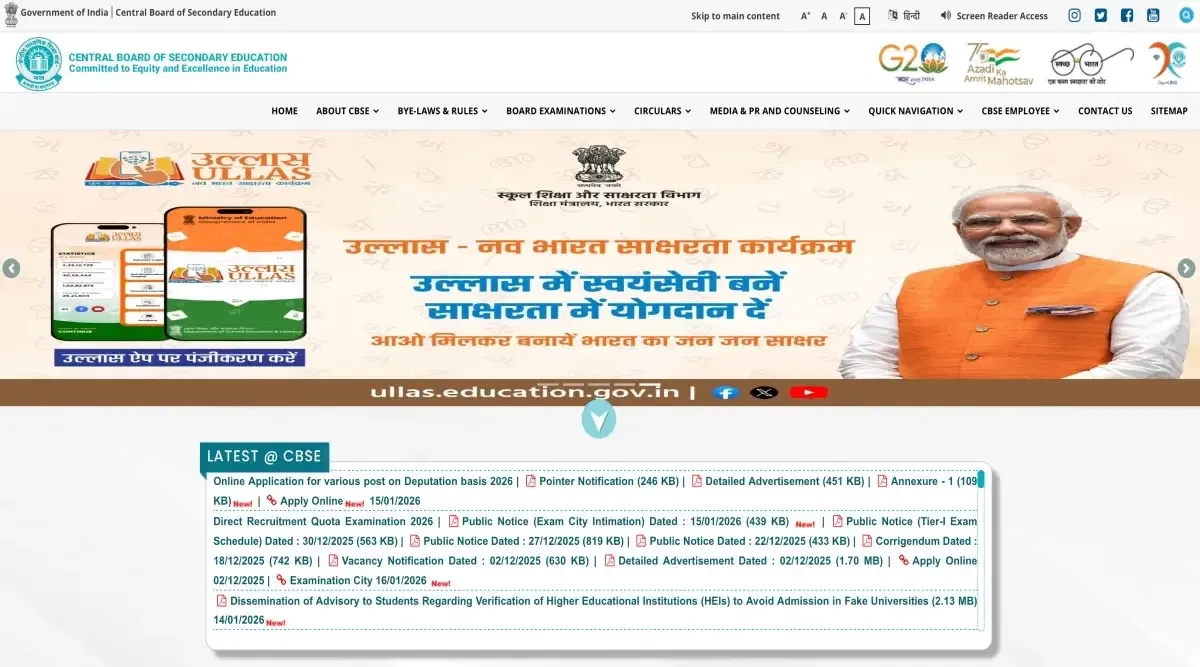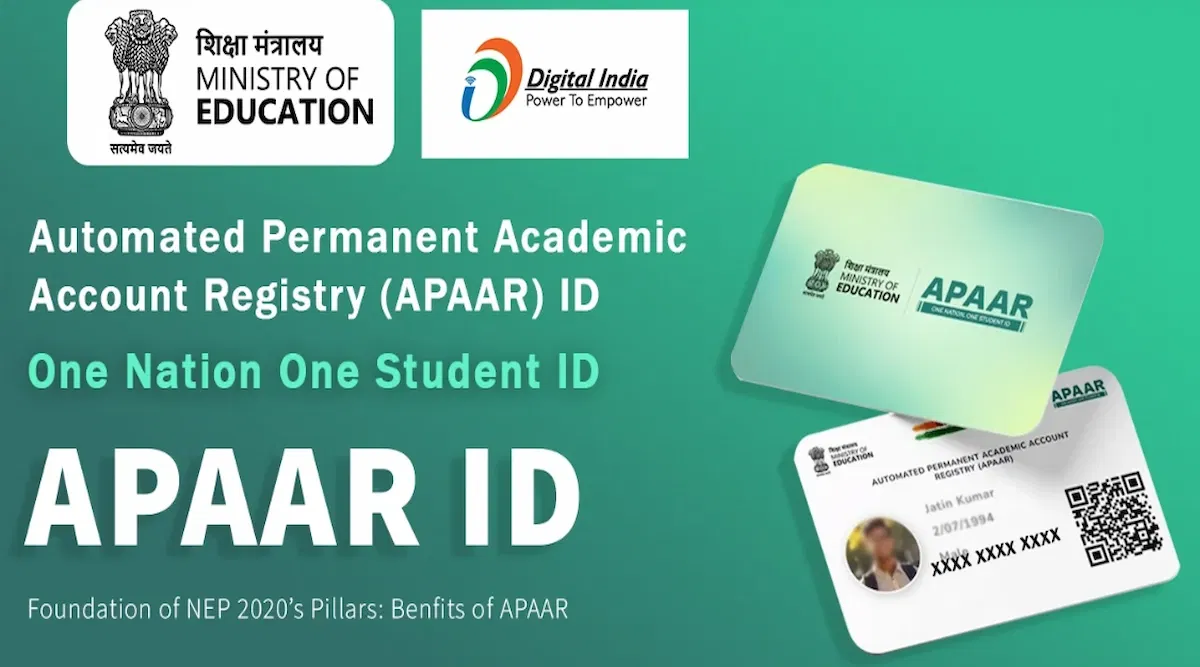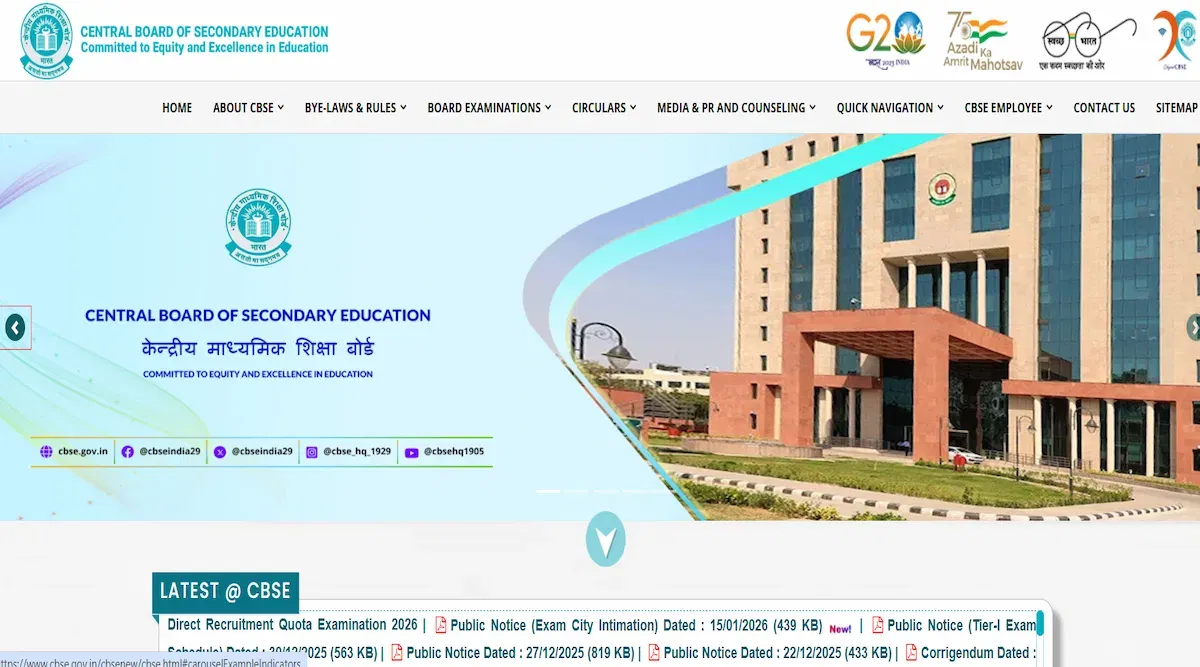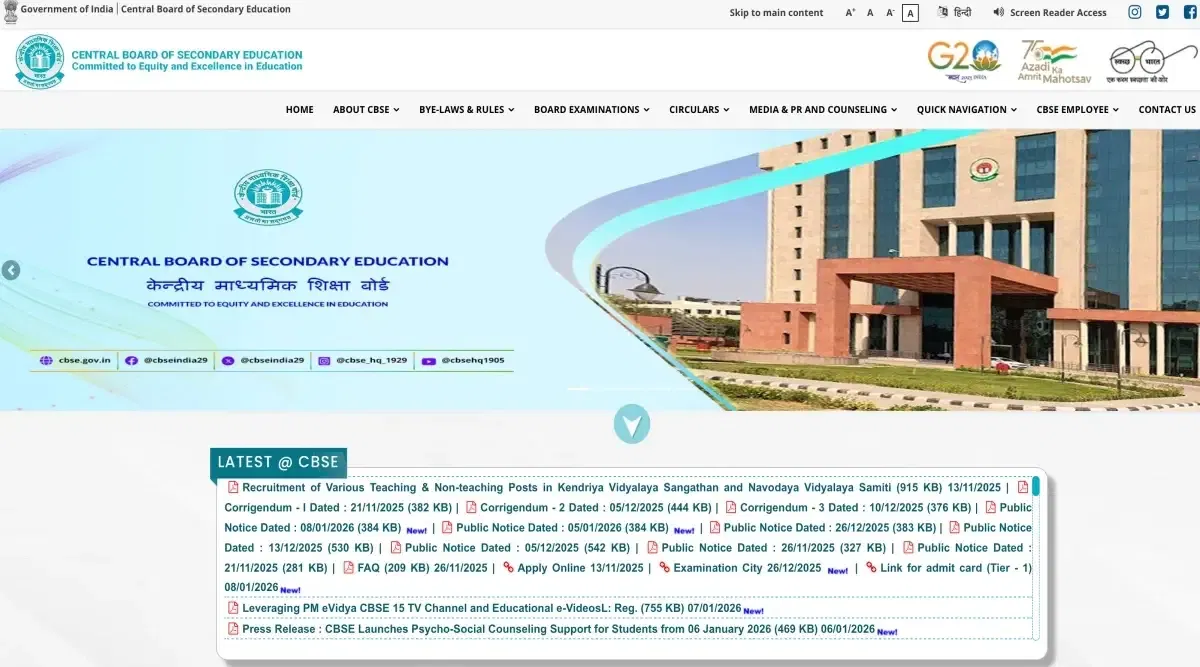CBSE Class 12 Exam Preparation Tips 2025: Best Books, Complete Strategy & Guide
Table of Contents
Candidates appearing for the CBSE class 12 exams are advised to go through the CBSE class 12 preparation tips 2025 and strategize their study plans. To excel in the CBSE board exams, the students must refer to the preparation tips and take effective measures.
A proper study schedule for class 12 is necessary to deal with the stress and ace the CBSE Class 12 Exam. The best guide for the CBSE class 12 exam is the sample papers issued by CBSE, which are uploaded on the official website, www.cbse.gov.in.
| CBSE Class 12 Result | CBSE Class 12th Toppers | CBSE Toppers Answer Sheets |
CBSE Class 12 Preparation Tips 2025
Students who are preparing for the exams might face specific challenges, and the preparation might be challenging, but following some simple suggestions and strategies will aid the students in understanding the topics easily and have less stress and anxiety. Some essential pointers for CBSE class 12 preparation tips 2025 are given below.
Understanding the Concept and Planning
Before preparing for the exams, it is vital to have an effective study plan. Therefore, students must follow the preparation strategies given below.
- Studying haphazardly without any plan leads to no result. Therefore, candidates must make a suitable and realistic timetable to study for class 12 with daily or weekly targets.
- Candidates must make targets which are manageable to achieve. They must fix them as per their capacity and convenience to complete each target within its deadline.
- Rote learning helps in pre-boards and exams of lower levels. To succeed in board exams, a thorough understanding of every concept is necessary.
- Identify the weak areas and fix them early in the academic session. Whenever in doubt, ask for clarification.
Revise and Go through the Syllabus
The students must revise and be thorough with the syllabus. Refer to the points below for more information.
- Going through the syllabus book is very important. Before starting preparation, students must know the entire CBSE Class 12 Syllabus 2024-25.
- It is advisable to complete the entire syllabus before the exam. Students can reach out to their teachers for clarification on doubts.
- Studying without revision leads to zero results. All hard work and planning will go in vain if you do not revise what you have learned.
- Our brain retains only 60% of what we study. Therefore, revising the chapters twice or thrice is very important.
Use Question Banks and Sample Papers and Choose the Right Books
The students preparing for the CBSE class 12 exams must solve the previous question bank and refer to the books prescribed by the board.
- Candidates must go through the study materials prescribed by the respective school teachers or books specified in the CBSE booklist, and reading NCERT textbooks is a must.
- A maximum of two textbooks per subject is enough for the preparation.
- Solving CBSE Class 12 Sample Papers 2024-25 and CBSE Class 12 Previous Year Question Papers will help the students get an overview of the actual board examination.
- The difficulty level of the paper, the kind of devotion and preparation necessary, time management, and many more things can be worked upon accordingly.
- By solving the questions papers, candidates can learn about the exam pattern and make note of the topics which need particular attention.
Read More: CBSE Class 12 Books
Follow the Exam Pattern and Practice Hard
Students must follow the CBSE class 12 exam pattern and practice as much as possible. Given below are some preparation strategies to help the students.
- Knowing the CBSE Class 12 Exam Pattern 2024-25 for every subject and the marks distribution will help in better preparation.
- As the pattern may change year-wise, students must always attempt the common questions and score them.
- There might be a combination of objective, short answers and long answer questions. Answers must be composed with respect to the marks allotted and should be descriptive if needed.
- Mathematics, Physics laws, and English grammar - are subjects that require regular practice. The more you practice, the more expertise you will gain on the subject matter.
- Try to collect the previous years' question papers and sample papers issued by the board and solve them.
- Practising by keeping track of time will help you with time management in the final exam.
Be Active in Classroom and Group Study
Studying in a group and paying attention to classroom lectures will help the students get their doubts clarified and make effective study plans.
- It is advisable to indulge in group studies. This makes learning easier and more convenient by clarifying doubts and providing a clear understanding of the chapters and concepts.
- The retention power is said to be greater when you pay attention in groups and make simpler ways to remember and recall things.
- 50-60% of the syllabus is covered in schools. Paying thorough attention to the lectures in the classroom and a few genuine hours of self-study will help the candidates pass the board exam by a significant margin.
Using Intelligent Techniques
Students appearing for the CBSE class 12 exams can benefit from the following techniques.
- Techniques such as Pomodoro and Feynman help a lot when you prepare for any kind of examination.
- The Pomodoro technique is to study for 20-25 minutes and take a short break of 5-10 minutes in between and again resume studying.
- The Feynman techniques are also useful for students because when the student learns a topic or concept and teaches someone the same, it will help them realize the loopholes that need more attention.
Handwriting
As per the norms of the board, the exam paper of the student must be neat with decent handwriting. Candidates can follow the pointers given below in the exam hall to gain maximum marks.
- Handwriting is not as irrelevant an aspect as popular belief. The examiner who evaluates your answer script evaluates 50 or higher answer scripts.
- The point of quick checking and time saving comes into the picture. The examiner does not have time to look hard and understand your illegible handwriting.
- To grab their attention, students must write neatly.
Eating Habits, Exercise and Meditation
While preparing for the CBSE class 12 exams, the student will inevitably undergo immense pressure. Thus, they must be calm and prepare for the exams by following some techniques given below.
- Proper exercise, yoga, and meditation are equally important.
- Only studying and sleeping won't help. We often avoid taking care of our health and study day and night.
- It is always necessary to balance all these things and set up a routine for them.
- Keep half an hour when you can meditate, work out, or even do some freehand exercise. This will enhance the proper functioning of the body and mind and keep you calm.
- Eat healthy, home-cooked food and stay hydrated. Avoid junk and outdoor food from a few months before the exam.
Stay Away from Distractions
Students must avoid distractions and have an effective study plan.
- Be well organized and avoid gaming, social media, television, or video games.
- Any kind of entertainment consumed must be limited and shouldn't disturb the well-being.
- Avoid screening as they put too much pressure on the mind.
- Talk to a friend or relative and even stretch or go for a walk. This will help the mind to relax and keep cool.
Also read: Tips for Board Exam Preparation
CBSE Class 12th Subject-wise Study Plan
Different subjects are to be prepared while appearing for the CBSE 12th board exam. They have different strategies to be followed depending upon the marks weightage and syllabus. Below is the subject-wise study plan for CBSE class 12 boards for subjects like Physics, Chemistry, Mathematics, and Language papers:
Physics
Refer to the following points for an effective study plan for Physics
- Understanding the basics will help the students to answer questions asked from any nook of the subject. There are a few chapters that must be focused on more.
- The chapter about electrostatics and optics is very long. Therefore, you should start your preparation with these as it will take time.
- Small chapters like Alternating Current should not be ignored. Study them and practice sample questions from them.
- While solving numerical, do not forget to write the correct value and the units. Not writing the relevant unit besides the value will cost you some marks.
Also Read: CBSE Class 12 Preparation Tips 2025 for Physics
English/Hindi and Other Language Papers
Paying enough time and attention to the preparation of English is necessary. Many students take this subject highly and leave it for the last. In the end, the marks scored in English make their aggregate low.
- Comprehension: The trick to ace this section is to read the questions first. Read the question and proceed to find its answer. You will not have to go line by line. Identify the keyword and look for it. This technique will save a lot of time. Or you can read all the questions at once and then read the passage. Keep marking the lines you think are answers to any of the questions asked.
- Grammar: Learn the Basic rules of English grammar. Understanding and thorough practice are necessary. Rote learning will not help in this part.
- Literature: In the case of poems, make notes of points explained by your teacher. Using these points, make a paragraph explaining the gist of the poem. Follow the structure of long answers: introduction, body, and conclusion. Practice previous years' questions and especially the long answers.
Mathematics
Students must practice hard and learn tricks to solve questions quickly. Given below are some of the essential pointers students must follow.
- It is necessary to practice thoroughly with all the study materials.
- Students must initially find their area of strength and answer the questions from that chapter.
- Students must practice equations in the scope of application-based questions, Concepts of Line and Plane in 3D and more.
History
Students must refer to the pointers listed below while preparing for the history exams.
- Students must remember all the dates and events of every chapter.
- It is crucial to allot time to learn history and civics separately.
- Make notes in your copy and focus on weaker sections.
Geography: Pay attention to maps. Create charts to learn the differences or comparisons of concepts.
Chemistry
A few vital preparation strategies to ace the CBSE 12th chemistry exams are given below.
- Complete all the available question papers from the previous year.
- Follow the NCERT textbook thoroughly and practice questions on Reasoning, Name Reactions, Distinction Tests, and Mechanisms of Reaction.
- Do not ignore the chapters on Polymers, Bio-molecular, and Chemistry.
- Students must aim to complete the syllabus in advance and devote time to revision.
- They must jot down essential formulas in one place and revise regularly.
Biology: Make a note of the new terminologies, and the scientific names of plants and animals, and use sticky notes for quick learning. Practice diagrams and learn the complex functions of the human body and the various systems of the human body.
Business Studies: Read as many case studies as possible and solve them. Evaluate concepts and even try solving more numerical problems from those case studies.
How to Use Textbooks for CBSE Class 12 Exam Preparation?
The NCERT textbooks for the CBSE board are a comprehensive source of all the knowledge one would require to complete the entire course. Textbooks and e-books assist in successfully and intuitively organising the curriculum. They are the main source for preparation, apart part from the CBSE class 12 preparation tips 2025. Students can go through the following pointers for additional tips:
- Refer to any guides or supplemental reading material.
- Practising the questions after every chapter plays a vital role and helps in revising the concepts.
- Practice all the numerical and extra questions after each chapter in your textbook.
- Do not refer to too many guidebooks. Following a particular standard book is enough to learn and score better marks.
- Using a number of books or guidance will only lead to confusion and revision at the last minute will be difficult.
Read More: CBSE Class 12 Books
Subject Wise Sample Paper Links for CBSE 12th Exam
CBSE class 12 sample paper help identify strong and weak areas, frequently asked topics, marking schemes, and mark distribution across topics. It makes the students aware of the depth of the questions and guide them accordingly. Students can refer to the table below to download the sample paper for different subjects.
| Subject Name | Direct Link |
| Biology | Link |
| Chemistry | Link |
| Engg. Graphic | Link |
| English Core | Link |
| English Elective | Link |
| Hindi Elective | Link |
| Hindi Core | Link |
| Legal Studies | Link |
| Applied Mathematics | Link |
| Mathematics | Link |
| Physics | Link |
| Psychology | Link |
| Sociology | Link |
Read More: CBSE Class 12 Sample Papers
FAQs on CBSE 12th Preparation
Q: When should students start practising the CBSE 12th sample papers?
Q: Do we need to set a time limit when solving CBSE class 12th exam previous years' question papers?
Q: Mention some of the CBSE class 12 preparation tips 2025 to keep away stress and anxiety.
Q: How are the CBSE class 12 preparation tips 2025 useful?







![Motilal Nehru National Institute of Technology, [MNNIT] Allahabad](https://media.getmyuni.com/azure/college-image/small/motilal-nehru-national-institute-of-technology-mnnit-allahabad.webp)







